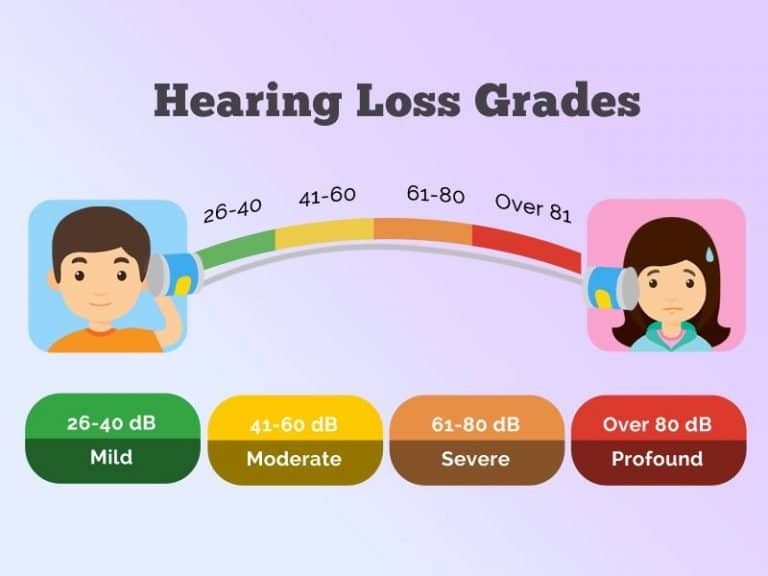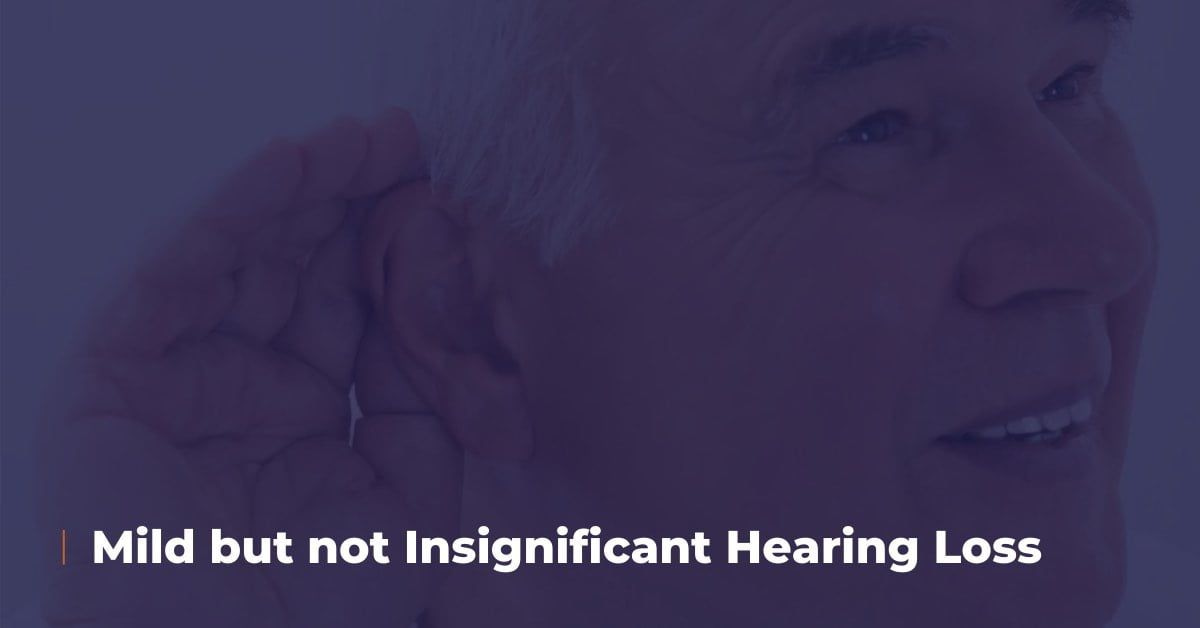Did you know that the mild hearing losses are the most prevalent type of hearing loss in the world? While some people report no problems when they have a mild or minimal hearing loss, for others, it can cause many difficulties when listening in many day-to-day situations. These people often experience greater perceived limitations, reduced emotional well-being and decreased sense of independence.

Minimal hearing losses include a hearing loss that is just outside of the normal range of hearing, a hearing loss in one ear or a hearing loss that is only at the high frequencies or pitches. The terms ‘minimal’ and ‘mild’ can lead to a lot of confusion because it can imply that they do not have large/negative impacts or consequences. Research has identified that any degree of hearing loss, including mild losses, can adversely affect people’s lives; by impacting on social, cognitive, and educational factors.
For children, a mild hearing loss puts the child at an increased risk for speech and language delays as well as poor academic performance and social difficulties. Children with this hearing loss may hear well in quiet situations, but when they are in a noisy room with high levels of vibration and they are trying to listen over a distance, like a classroom for example, then their ability to hear will become a lot more difficult. This can cause problems for the child in developing skills such as reading. It has been shown that children with a minimal hearing loss have higher rates of failing at least one grade at school. It is important to be aware that children with this hearing loss can develop and learn like their normal hearing peers. It is recommended that professionals work with the child to break down barriers and enhance classroom learning environments in order for the child to have typical educational experiences.
For both adults and children, the most noticeable impact of a minimal hearing loss is the increase in listening effort needed to hear conversation. That means that people notice they have to purposefully use more attention to understand speech. Studies have shown that children with a minimal hearing loss can show higher levels of fatigue than children with cancer, diabetes, and obesity.
When someone is recognised to have a mild or minimal hearing loss, it is likely they will receive little or no intervention. This individual variability in the impact of a minimal hearing loss has led to a lot of clinicians not providing aural rehabilitation for people with this hearing loss. It is important if any type or degree of hearing loss is having an emotional or social effect on an individual, then the hearing loss needs to be managed and improved. It is our job as professionals to understand the impact of this hearing loss on the individual and ensure we are providing the best care regardless of how small the problem may seem on paper.

Adults and children with minimal hearing losses may benefit from using hearing aids, or they may not. This outcome will not be known without trialling devices. Additionally, other management options such as assistive listening devices, auditory training and communication strategies could reduce listening fatigue and increase hearing enjoyment for the individual.


